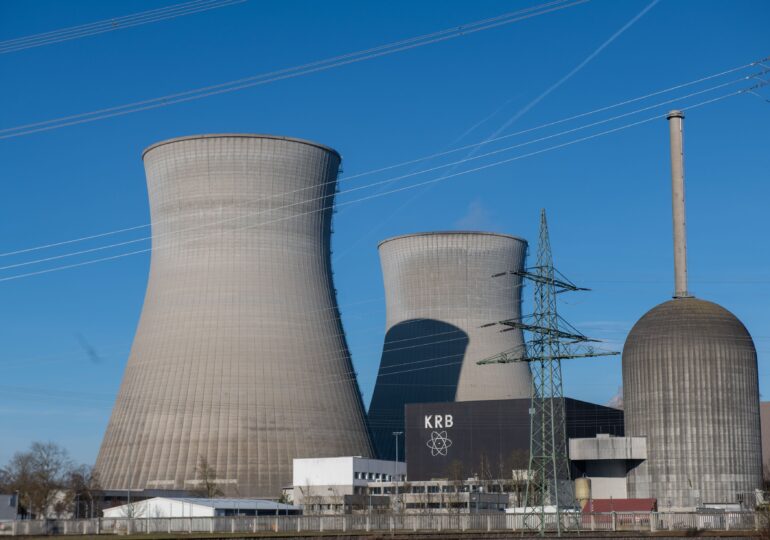More and more European countries are reconsidering their position on nuclear energy, in an attempt to increase their energy independence and find a balance in the green transition.
In recent weeks, Denmark has announced it will reevaluate the ban imposed 40 years ago on nuclear energy, Spain has shown openness to revising the closure of its plants, and Germany has withdrawn its opposition to the use of atomic energy, CNBC reports.
This resurgence of interest in nuclear energy is fueled, at least in part, by the hidden costs associated with solar and wind energy, especially those related to balancing and transporting electricity.
Although renewable energies are still considered the cheapest and fastest solutions for the ecological transition, more and more governments are considering whether new nuclear technologies, such as Small Modular Reactors (SMRs), could complement this system.
"Solar and wind energy remain a priority for the green transition, but we need to see if new nuclear technologies can play a complementary role," said Danish Energy Minister Lars Aagaard.
Denmark banned nuclear energy in 1985 and does not intend to build traditional nuclear power plants, but will seriously consider advanced nuclear options.
In Spain, Minister of Ecological Transition Sara Aagesen said that, although the plan remains to close nuclear power plants by 2035, an extension of the operating period is not excluded. The discussions come against the backdrop of a major power outage that recently affected Spain, Portugal, and southern France.
Some external voices have raised concerns about the reliability of the electricity grid heavily based on solar and wind energy, although Spanish authorities deny that renewables were the cause.
Germany, which closed its last three nuclear reactors in 2023, has radically changed its position. The new government led by Chancellor Friedrich Merz has abandoned its historical opposition to nuclear energy, especially in the context of French pressure to include this source in EU legislation as comparable to renewable energies.
Specialists' Warning
Although nuclear energy has low carbon content and is seen by some as a solution for reducing emissions and dependence on fossil fuels, environmental organizations warn that it is a costly and risky technology that distracts from cheaper and cleaner solutions.
Georg Zachmann, a researcher at the Bruegel think tank in Brussels, emphasizes that nuclear energy remains one of the most controversial sources of electricity in Europe. He highlights the increasing costs of new nuclear projects, contrasting with the drastic decrease in prices for new wind and solar installations.
Meanwhile, data published by the Ember think tank shows that in the first half of last year, wind and solar energy accounted for 30% of EU electricity production, surpassing fossil fuels for the first time. At the same time, nuclear energy production in the EU increased by 3.1%.
Despite the renewed interest, experts warn that new nuclear power plants will remain difficult to finance and will not bring real benefits until, at the earliest, decades later. In this context, the competition between nuclear supporters and renewable energy advocates risks further favoring the use of natural gas.

